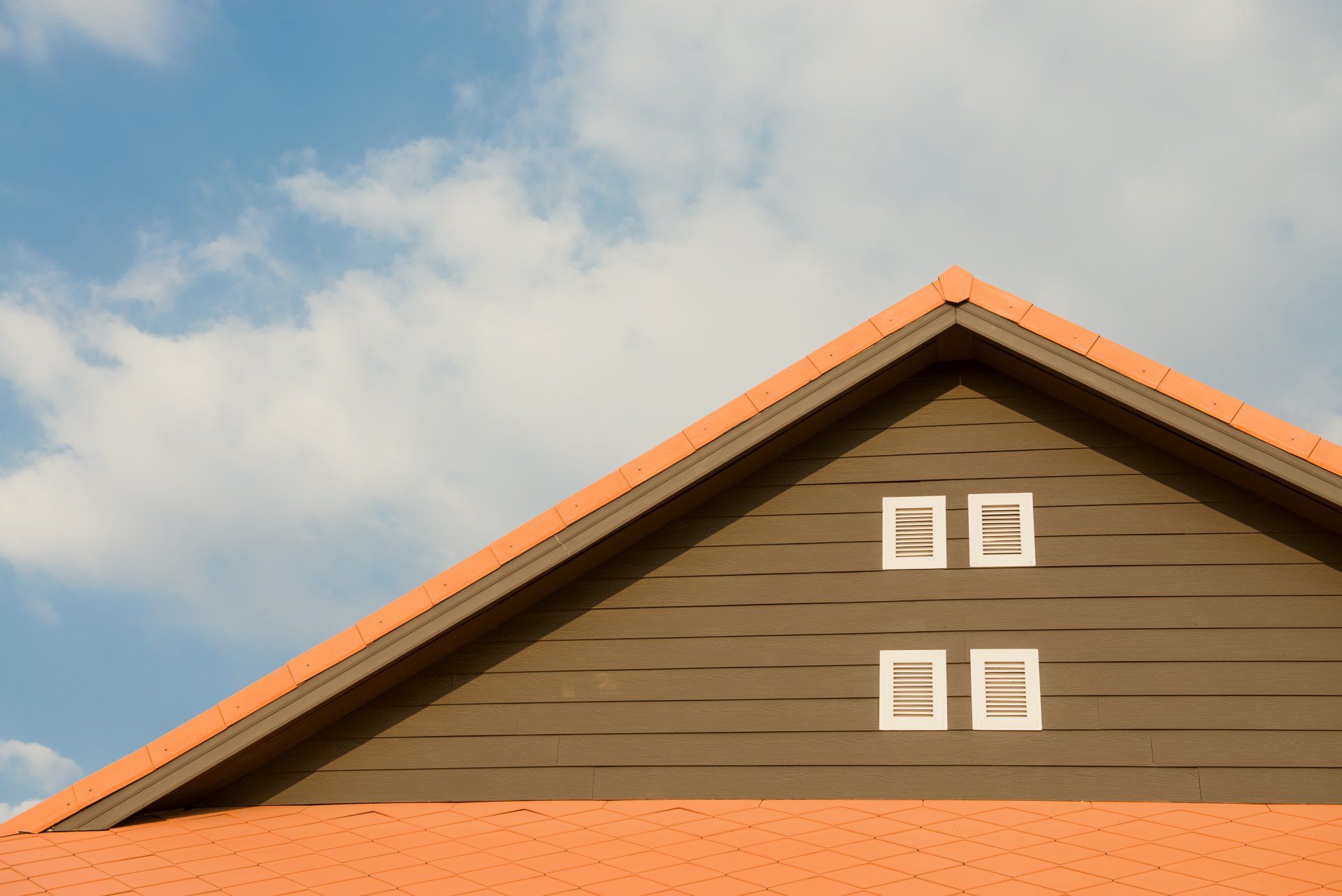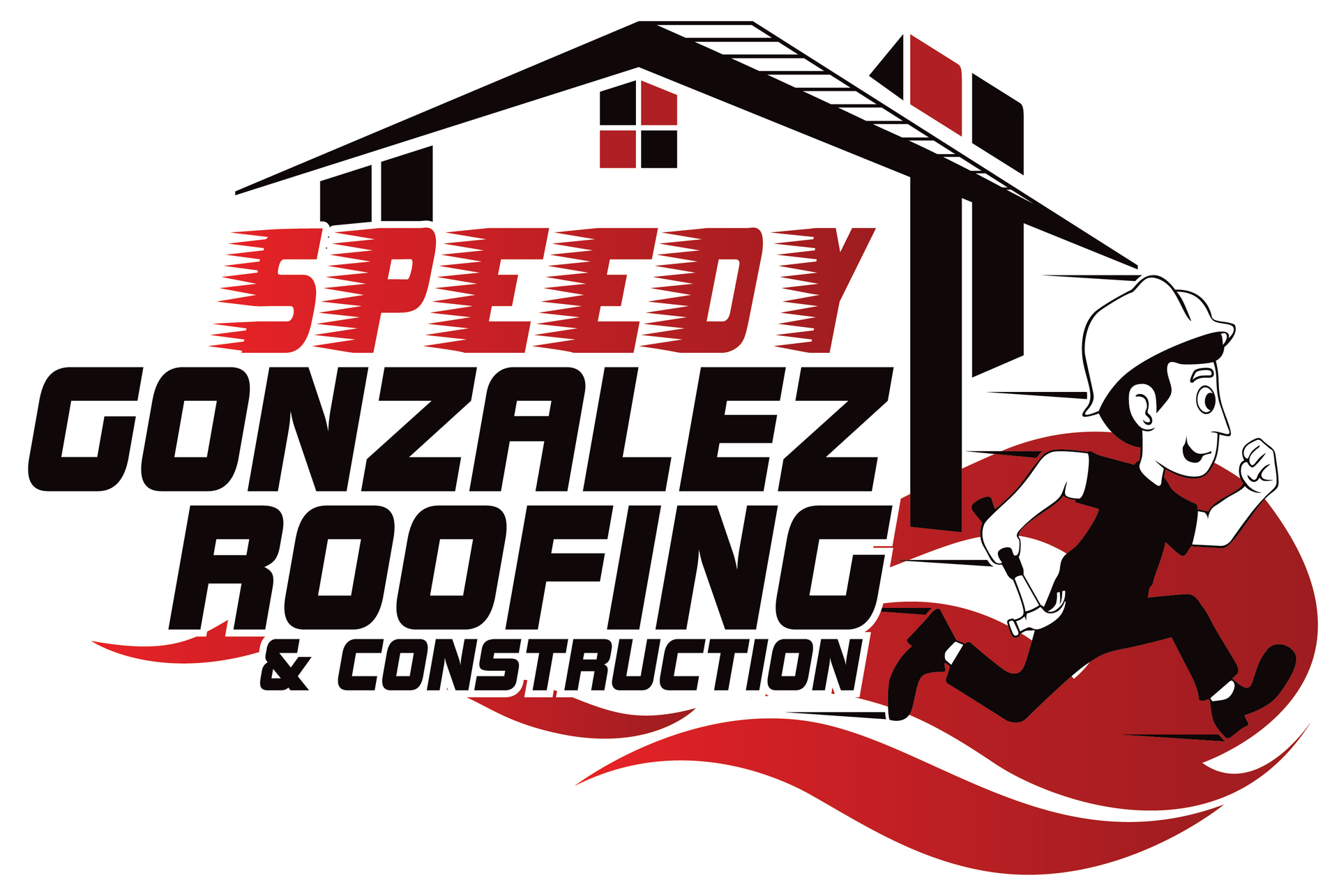Malvern Arkansas Roofing Services - Expert Contractors
Free Inspection
Free Estimates
Insurance Specialists
Financing Available
Service Area
Malvern
Garland County
Hot Spring County
Montgomery County
Clark County
Saline County
Contact
BUSINESS OFFICE
209 Albert Pike
Hot Springs, AR 71913
SHOWROOM HOURS:
MONDAY - FRIDAY: 8:30 AM - 2:30 PM
207 Albert Pike
Hot Springs AR 71913
Expert Roofing and Construction Services in Malvern
Repair work
We've got you covered for all your roof repair needs in Malvern, Arkansas. Our team is super experienced and can handle any project you throw our way, whether it's fixing leaks, replacing shingles, or repairing metal roofs. Just leave it to us!
Gutters
We know the importance of well-maintained gutters. They protect your home from water damage, prevent erosion, and keep your foundation strong. Our team installs, repairs, and maintains gutters.
Shingle roofing
Seeking top shingle roofing in Malvern, Arkansas? Trust us for quality installations and repairs to keep your roof in top shape.
Metal roofing
Get durable, stylish metal roofing in Malvern, Arkansas. Our team offers a variety of colors and styles to withstand unpredictable weather. Upgrade your roof with us today!
Satisfied Customer

Antonio and his crew did an amazing job on our roof and gutters! I was really impressed with everything they did. Fast service, he even allowed them to come and work on Saturday. I was so nervous with this being my first time having to replace a roof/gutters, but he worked with me to ensure this was an easy-going process. Please take the time to get your free estimate today!!
Saw good reviews for Speedy Gonzalez online and so had the owner, Antonio Gonzalez, give me an estimate for roofing my home, which needed replaced immediately. He came the same day and was able to get to my roof the next day. The crew was great, the work looks great, and the clean-up was just amazing. Very professional, respectful, best price, and did exactly what we agreed on. I could not be any happier. Thank you Antonio.
Impressed Client

This company is who you want working for you they do what they say. They have integrity, honest, reliable, very professional all employees on the job are hard workers. They roofed our home 1700 sq. ft plus tear off and replaced also our shed which needed decking replaced it plus roofed it. Can't say enough about how nice and informed us on things as Brandon did. He does what he says. Did all the work within a day and the work was top notch.
To all the employees at Speedy Gonzales thank you for a job well done. Debbie And Larry Tucker.

